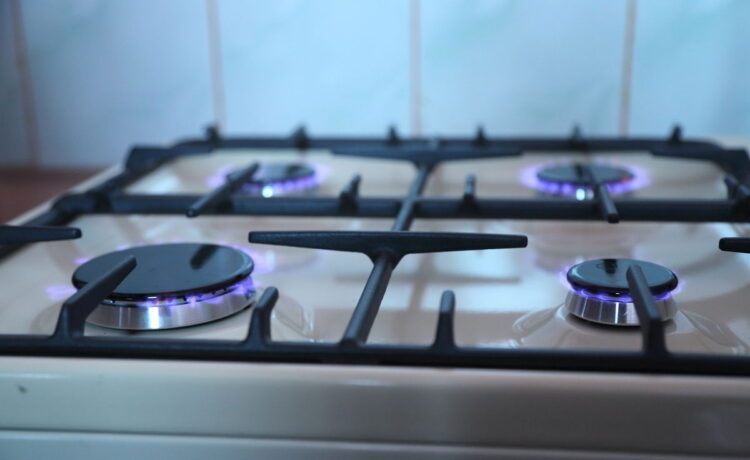A new study reveals alarming health risks from gas stove usage in European households, connecting gas stove emissions with approximately 40,000 premature deaths each year in the European Union and United Kingdom.
Jaume I University in Spain conducted the study, which included the first European-wide analysis on the health impact of cooking with gas indoors. The findings highlight a significant public health risk, particularly for traditional areas where gas stoves are the norm.
Gas stove pollution and respiratory health risks
The study was funded by the European Climate Foundation and it found that indoor gas stove use created high nitrogen dioxide (NO₂) levels. These can exacerbate respiratory illnesses and contribute to premature mortality. Additionally, it’s estimated that gas stoves contribute to hundreds of thousands of childhood asthma cases annually in the EU and UK, mirroring findings in the US, where around 12 per cent of paediatric asthma cases are linked to gas cooking.
Lead researcher Juana Maria Delgado-Saborit told Bloomberg Green that gas stove pollution is “toxic from a public health perspective” and that the death toll “is far worse than we thought.”
The study suggests that the actual health toll may be underestimated, as gas stoves emit pollutants beyond NO₂, including particulate matter and carbon monoxide, which were not included in the study.
Gas stoves in European homes
Around a third of European households rely on gas stoves for cooking, which emit pollutants that can surpass legal indoor air quality limits. Separate research has shown that household emissions account for about 25 per cent of greenhouse gas output in the EU. Countries like the UK, Romania, Poland, and Italy, where gas cooking is most common, are especially vulnerable to health impacts from gas stove pollution.
The European Commission is now reviewing standards for gas stoves, which may lead to stricter regulations on NO₂ emissions and pollution labelling. Some European countries such as France and Denmark are already taking steps to phase out gas in favour of meeting climate targets, addressing both environmental and health concerns.
In the meantime, it’s advised that consumers ventilate their kitchens during gas stove use and, if possible, consider switching to electric hobs.
However, electricity costs considerably more than gas and during the winter, gas “bombonas” are a popular choice for keeping homes warm at a reasonable price.















